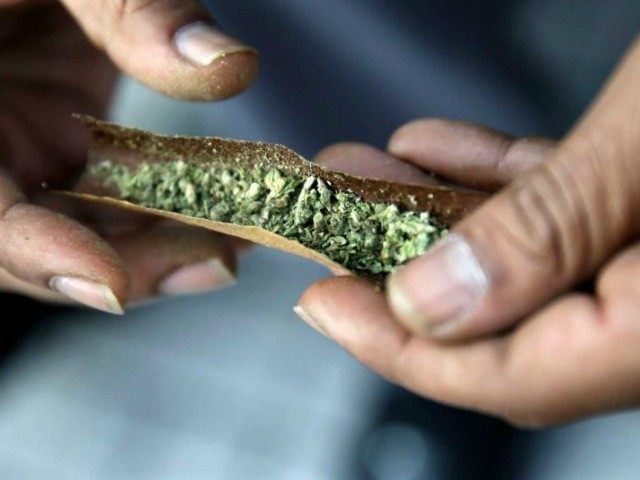Less than a year after Massachusetts voters approved legalizing marijuana and taxing it at a rate of 12 percent, lawmakers already seek a larger take of the dealer’s cut.
In shifting marijuana from decriminalized to legal status, voters permitted a maximum tax of 12 percent on sales of the sweet leaf. Seven months later, the state legislature seeks to grab more of pot profits by permitting taxes as high as 28 percent.
It’s not as though those in the reefer business didn’t see the state coming for their business.
Nine years ago, I sat down with two longtime pot dealers in the Beacon Hill Pub a short walk from where the Great and General Court does business. The sixtysomething sinsemilla sectaries viewed legalization as a way to corporatize a mom-and-pop enterprise.
“Should it be legal? Yes. Do we want it legal? No,” declared cue-balled “Charlie,” dealing for decades within eyeshot of the state capitol. “Mark,” sporting a Pancho Villa mustache, informed, “Every time I go over to Hempfest, I chant: ‘Keep Marijuana Illegal.”
At the time, a pot legalization proposal sought to impose a $150-an-ounce tax on the low-grade marijuana most commonly bought and smoked. In effect, the proposal aimed to double the price of a joint. This go-around, the proposed law allows for an end-around on the taxes by smokers using “medical” marijuana, which the bill exempts from the proposed taxation.
“If you had to pay the licensing fee, it wouldn’t necessarily be cost prohibitive,” Mark explained. “But with the taxes, your clientele is going to disappear. A lot of people would just balk at paying that.”
Apart from raising taxes, the 48-page omnibus bill currently before the Great and General Court seeks to expand a cannabis board to five members, prohibit localities from enforcing laws against the transportation or delivery of pot, maintain a database on people using medical marijuana, and seize weed from those, such as Charlie and Mark, not given the state’s imprimatur to sell. The proposed law authorizes investigations and audits of the pot dispensaries. It imposes stringent testing on the product. And it directs the authorized marijuana dealers to “abide by an affirmative action program” in hiring.
For pot dealers not keen on turning over their profits to the Commonwealth of Massachusetts or eager to undergo annual audits, the law establishes a “division of cannabis enforcement” in the attorney general’s office regarding a product that voters just legalized and long ago decriminalized.
Ironically, veteran dealers such as Mark and Charlie face a government more eager to put them out of business now than when they peddled an illegal product as consumers may boost their business by more enthusiastically turning to their cheaper, black-market pot.
The more than 54 percent who voted to legalize marijuana in November’s election authorized a tax of no more than 12 percent. The 28 percent tax represents a 133 percent increase over the initial rate. Legislators seek to hold a vote on Thursday. Smoking citizens may counter by voting with their wallets.

COMMENTS
Please let us know if you're having issues with commenting.